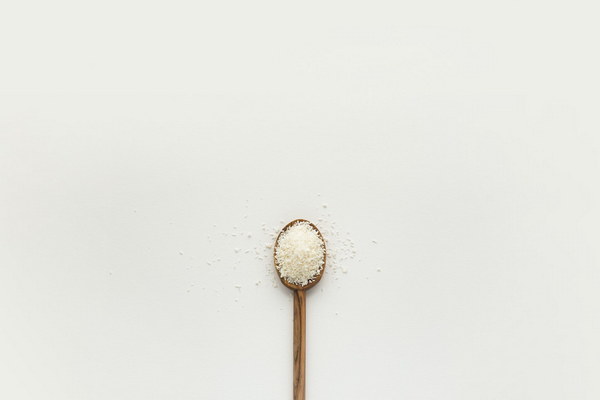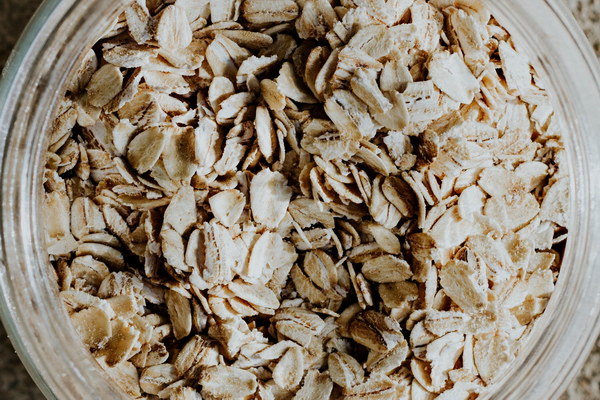Are Essential Oils a Complement or a Cure Unveiling the Truth About Their Nutritional Value
Are Essential Oils a Complement or a Cure: Unveiling the Truth About Their Nutritional Value
In the vast landscape of wellness and alternative therapies, essential oils have emerged as a popular choice for many seeking natural remedies. One question that often arises is whether essential oils can be considered as a form of nutritional supplementation, or if they serve a more complementary role in health and wellness. This article delves into the world of essential oils, exploring their potential benefits, their relationship with nutrition, and how they can fit into a holistic health routine.

The Nature of Essential Oils
Essential oils are concentrated plant extracts derived from various parts of plants, such as flowers, leaves, roots, bark, and seeds. They are highly potent and are typically used in aromatherapy, massage, and sometimes as flavorings. The concentration of these oils is such that only a few drops are needed to create a significant effect.
Essential Oils and Nutritional Value
When it comes to the nutritional value of essential oils, it's important to clarify that they are not a direct source of nutrients in the same way that fruits, vegetables, or supplements are. Essential oils do not contain the same macronutrients (carbohydrates, proteins, and fats) or micronutrients (vitamins and minerals) as food.
However, some essential oils contain compounds that are similar to those found in certain foods. For example, citrus oils like lemon and orange contain limonene, which is also found in citrus fruits. These compounds can have health benefits that are similar to those of the whole food, but the concentration is much higher in the essential oil.
Potential Health Benefits
Despite not being a direct source of nutrients, essential oils have been studied for their potential health benefits. Some of the commonly reported benefits include:
1. Antioxidant Properties: Certain essential oils, like those derived from rosemary and thyme, contain antioxidants that can help combat oxidative stress and inflammation.
2. Antimicrobial Effects: Oils like tea tree, eucalyptus, and oregano have been found to have antimicrobial properties that can help fight bacteria, viruses, and fungi.
3. Stress Reduction: Lavender, chamomile, and ylang-ylang are known for their relaxing and stress-relieving properties.
4. Improved Sleep: Peppermint, sandalwood, and marjoram are often used to improve sleep quality.
Complementary Role in Nutrition
While essential oils may not replace the need for a balanced diet, they can complement nutritional intake in several ways:
1. Enhancing Food Flavor: Certain essential oils can be used as natural flavorings in cooking, potentially adding healthful compounds to your diet.
2. Aiding Digestion: Peppermint oil, for instance, is sometimes used to relieve symptoms of indigestion and bloating.
3. Promoting Nutrient Absorption: Some studies suggest that essential oils can enhance the absorption of certain nutrients when used topically or inhaled.
Safety and Precautions
It's crucial to note that essential oils are potent and should be used with care. They are not suitable for internal use unless specifically recommended by a healthcare professional. Some oils can cause skin irritation, allergic reactions, or interact with medications. Always perform a patch test before applying any essential oil to the skin and consult a healthcare provider before using them, especially if you have underlying health conditions.
Conclusion
In conclusion, essential oils are not a replacement for a balanced diet or nutritional supplements. They do not provide the same level of nutrients as food and should not be considered a substitute for nutritional intake. However, they can play a complementary role in health and wellness by offering potential health benefits and enhancing the enjoyment of food. When used responsibly and safely, essential oils can be a valuable addition to a holistic approach to health.









